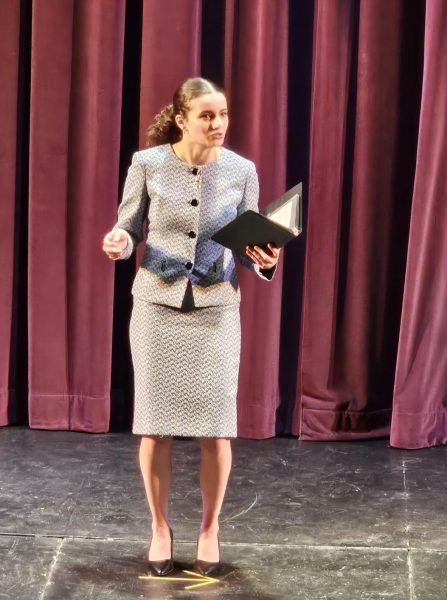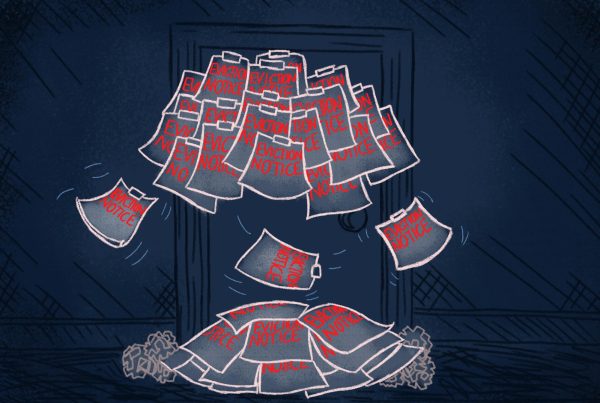DVC Plays Host to Another ‘Special’ Visit
September 24, 2008
It will be several months before DVC officials know whether they have fixed the problems that led to an official warning that put the college’s accreditation at risk in the wake of the grades-for-sale scandal.
But DVC President Judy Walters was optimistic after a visit to the campus Sept. 21 by a special team from the Accrediting Commission for Community and Junior Colleges.
“This was a very positive report, and we will see if the commission believes we have done well enough to be taken off warning,” Walters said in an interview following the team’s exit report.
This latest visit was the result of another team’s finding in June that DVC had failed to comply with five of nine recommendations issued by the commission in 2007. That finding resulted the official warning on June 30, 2008.
Following its inspection Sept. 21, team chair Linda Martinez gave a brief exit report in which she praised the college for addressing the recommendations made by the previous team.
“We want to commend the new college leadership for being fearless in bringing in the necessary expertise to address the recommendations,” Martinez said.
She mentioned “evidence that there is … more collaboration between IT [Instructional Technology] and A and R [Admissions and Records] and that there is a willingness to problem- solve together.”
Martinez also spoke briefly about “a change in climate,” “a commitment to the accuracy of records and data integrity,” and “evidence of a sincere commitment by faculty and staff to correct the current situation.”
The team will bring its findings back to the ACCJC, which will review the report and send a letter to the school in January.
In early 2007, Matt Krupnick of the Contra Costa Times broke the story about a cash-for-grades scandal that had been going on at DVC for six years and which school officials kept a secret for more than a year.
It was discovered that 54 former students had a total of 346 grades changed in exchange for thousands of dollars. Twenty- three of the 54 have since reached plea agreements with the district attorney.
The lack of security within the Admissions and Records office and the large number of employees with access to gradechanging technology prompted the initial evaluation by the accrediting commission.
In an interview prior to the Sept. 21 special visit, Barbara Beno, president of the ACCJC, said DVC could have a lower institutional standing if it still hasn’t complied with the committee’s recommendations.
A bad evaluation could result in other actions, such as imposing probation, ordering to show cause, or termination of accreditation, Beno said.
“We expect this to be resolved,” she said.














































































